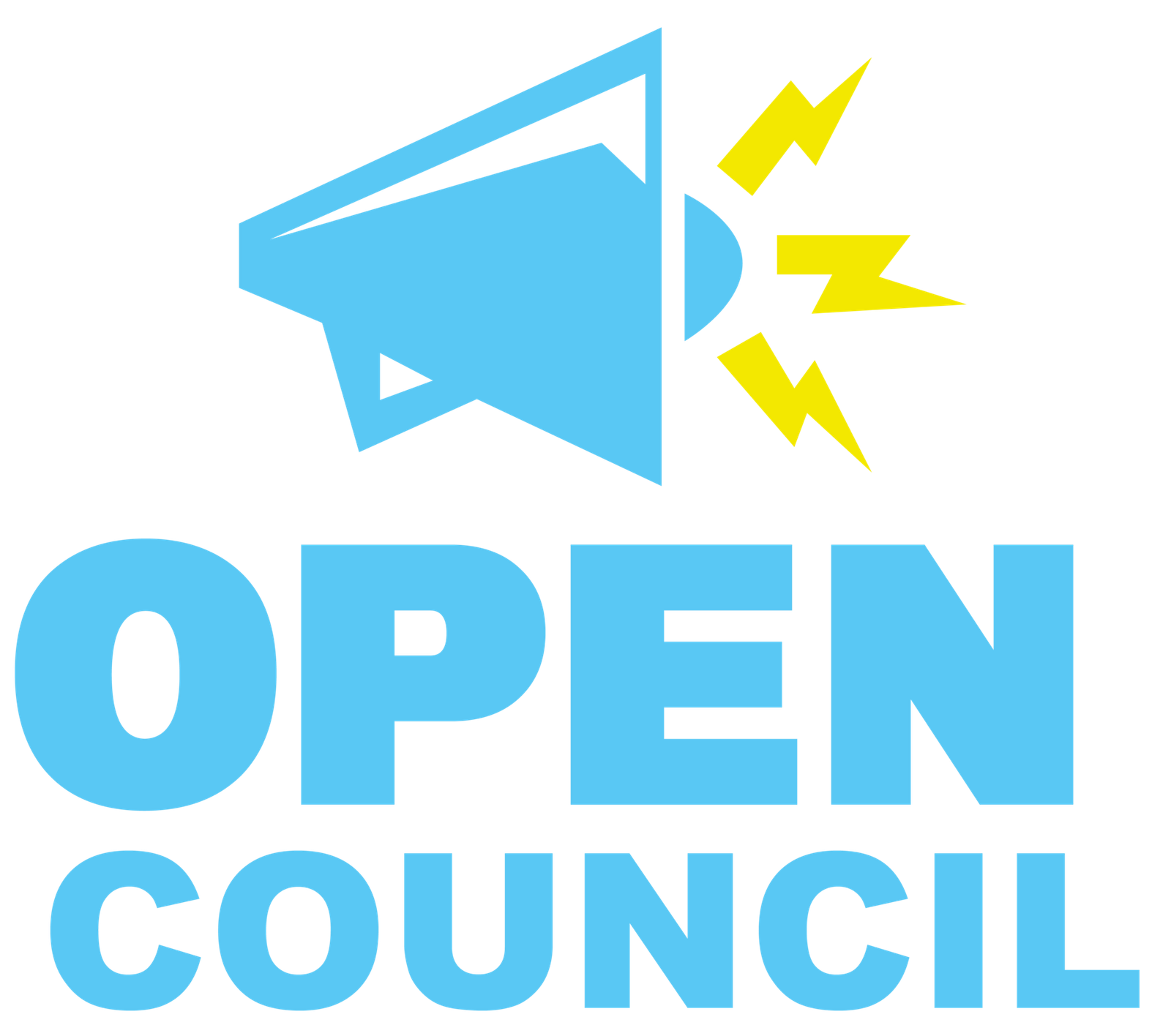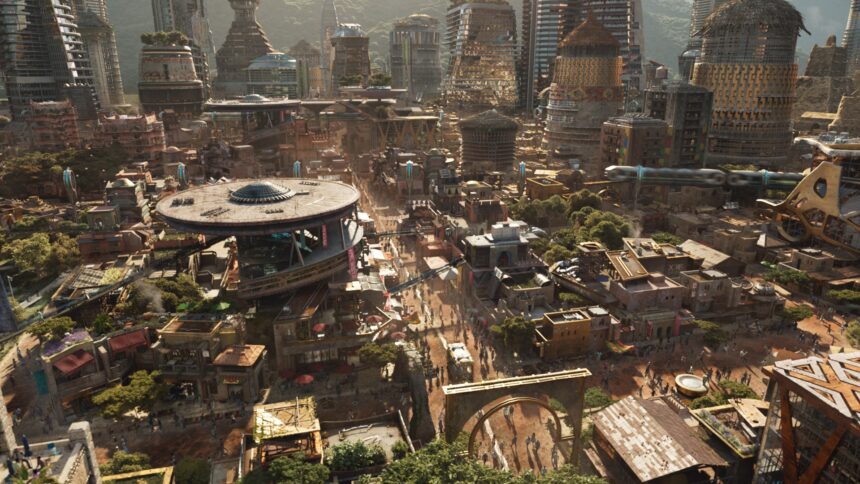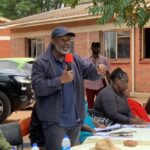By Pieter Ziegler
In 2022, President ED Mnangagwa presided over the groundbreaking ceremony for the Zim Cyber City in Mt Hampden.
This US$500 million smart city will sit on over 23 hectares of land.
It will comprise villas, cyber technology offices, shopping malls, recreational facilities and Mulk Towers (a 15-storey building).
The project is being funded by Dubai-based investors headed by Mr Shaji UI Mulk under his company Mulk International.
This concept is not new to Zimbabwe but follows similar projects across Africa.
In 2020 in Senegal, singer Akon placed the first stone on a site where he plans to build a $6 billion Smart City.
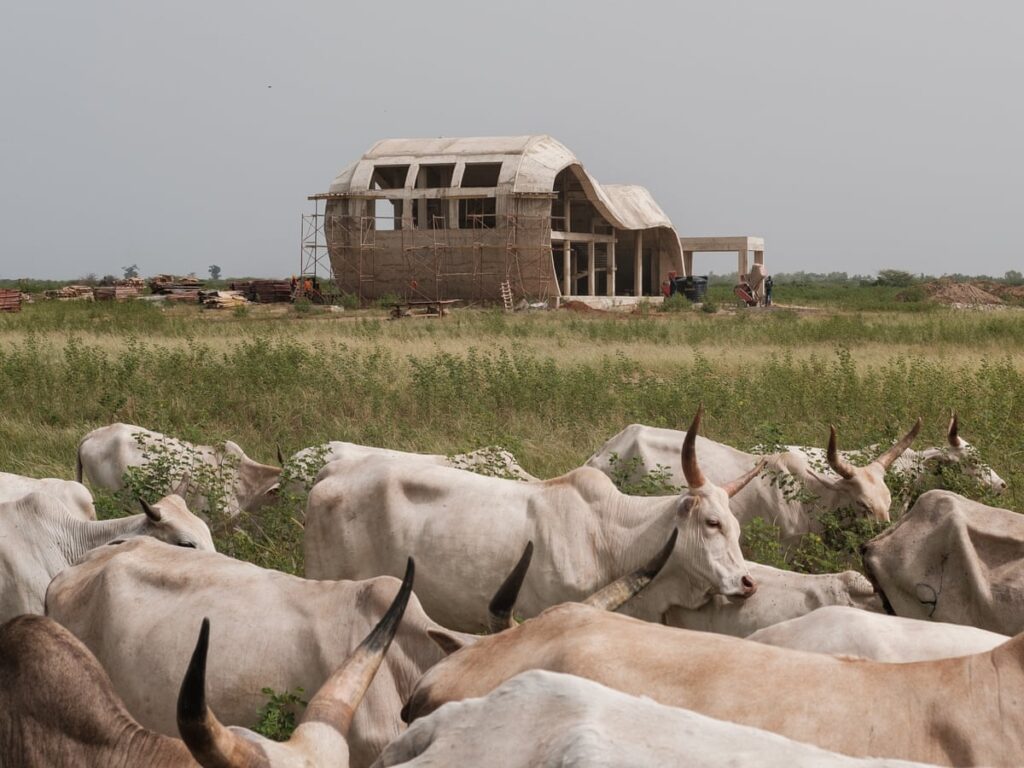
4 Years later there is nothing of significance on the ground of Akon’s ambitious project
Akon claimed the city would be something like “a real-life Wakanda,” the fictional and futuristic ethno-state of the 2018 superhero feature Black Panther.
Smart Cities Galore
Saudi Crown Prince Mohammed bin Salman has how own Neom project.
It aims to terraform and urbanize a 10,000-square-mile stretch of Red Sea–pinched desert was publicly unveiled in 2017.
Meanwhile the Peter Thiel–sponsored Praxis Society has planned to charter a crypto-backed Mediterranean city-state since at least 2016.
In November 2023, officials in Kinshasa, the Democratic Republic of Congo, announced a project to build Kasangulu Smart City.
The Dubai-based architectural studio Urb has also announced its plans for The Parks.
It’s a 17-km² sustainable city to be located somewhere in the eastern portion of South Africa.
This technology-dependent, self-sufficient city with a population of 150,000 living in 40,000 residential units aims to produce all of its energy, water and food on site.
None of these has blossomed into existence and so far remain computer generated constructs.
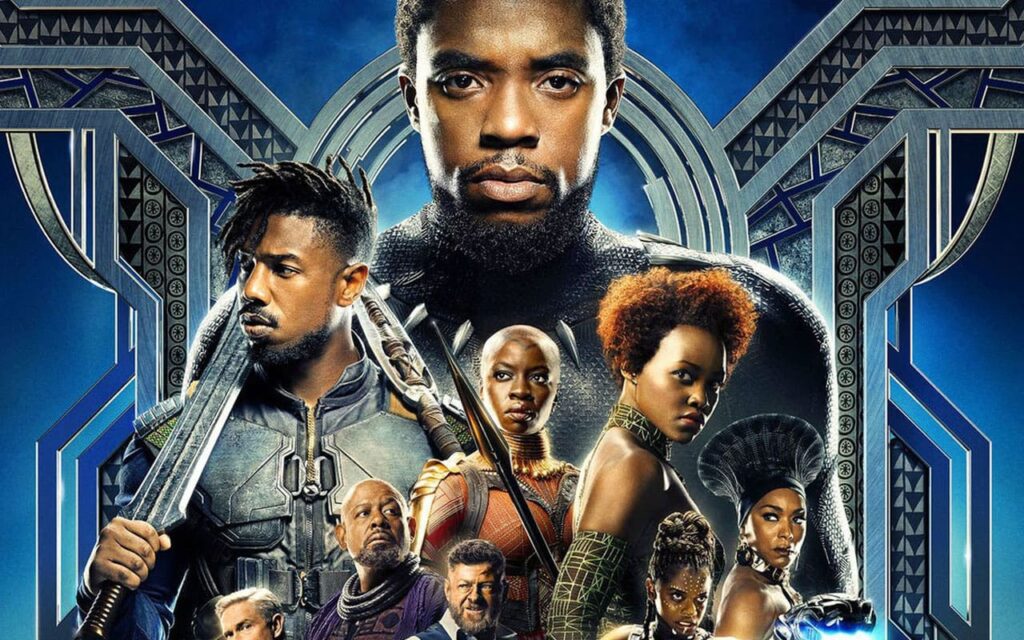
It has led to some experts summarising the many projects to be pacifying ideas engineered by many struggling African governments.
Not So Smart Cities
“(This is) a continent-wide trend inaugurated in 2008 with Konza City, developed by the Kenyan government in conjunction with the consulting firm McKinsey.
“These “smart” cities have been pitched to a social stratum in dire need of real economic and social development.
According to Dissent Magazine writer S David, “most of these projects hinge on the elusive promise of contemporary technology.
The general idea is to reshape the world in Silicon Valley’s image.
“In the two years since Akon City’s launch party, questions have likewise lingered about the project’s scope, finances, construction schedule and practicality.
A smart city is a developed urban area that creates sustainable economic development and high quality of life.
This is done by excelling in multiple key areas; economy, mobility, environment, people, living, and government.
The fusion is through human capital, social capital and ICT infrastructure.
Overlooking The Real Problem
However, on many African countries, such as Zimbabwe the various required factors are not yet there.
Development Consultants, In On Africa (IOA) say Smart City projects are contrived tricks to ignore the basic and fundamental.
“One notorious trait followed by many African governments is a preference for creating megaprojects rather than financing the unglamorous, hard work of fixing what already exists.
It says even politicians who are not corrupt as to be attracted by kickbacks are lured by the attraction of claiming credit for megaprojects.
“Recently, a new temptation for them has arisen that seeks not to fix African cities but to bypass them altogether.
“Planned ‘smart cities’ are offered as a utopian answer to all urban problems.
IOA says while Smart Cities are welcome, the problem comes when such a place is conceived as an entity separate from existing cities.
A Smart City cannot exist separately while the rest are left to their problems and residents of the utopian communities thrive.
